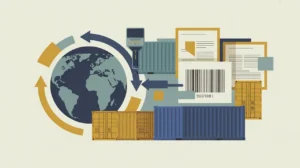Importance of Public Finance Management
Public finance management (PFM) is critical for how governments raise, allocate, and account for resources. In international development, strong PFM systems ensure that public funds are used effectively to deliver services, reduce poverty, and promote transparency. For nonprofits and social innovators, PFM matters because it shapes fiscal space for social programs, determines accountability in spending, and influences the trust citizens place in institutions. Its importance lies in ensuring that limited resources are managed responsibly and equitably.
Definition and Features
Public finance management refers to the processes and institutions that govern the collection of revenue, allocation of budgets, execution of expenditures, and reporting of results. Its defining features include:
- Revenue Mobilization: taxation, tariffs, and other income sources for government.
- Budgeting and Planning: setting priorities and allocating resources.
- Expenditure Management: ensuring funds are spent efficiently and in line with policy.
- Accountability and Transparency: auditing, reporting, and citizen oversight.
How this Works in Practice
In practice, PFM systems involve ministries of finance, tax authorities, legislatures, and oversight bodies. For example, governments may implement program-based budgeting to link spending to outcomes, or adopt digital platforms to track public expenditures. NGOs often advocate for open budgets and citizen participation in fiscal processes, while donors provide technical support to strengthen systems. Challenges include corruption, weak institutional capacity, off-budget spending, and lack of accountability to citizens.
Implications for Social Innovation
Public finance management has significant implications for social innovation because it determines how resources are mobilized and distributed for development priorities. Innovations such as open data portals, participatory budgeting, and digital tax systems increase transparency and citizen engagement. For proximate actors, effective PFM ensures that public funds are used to meet local needs and build trust in governance. Public finance management is essential for equitable and sustainable development.







